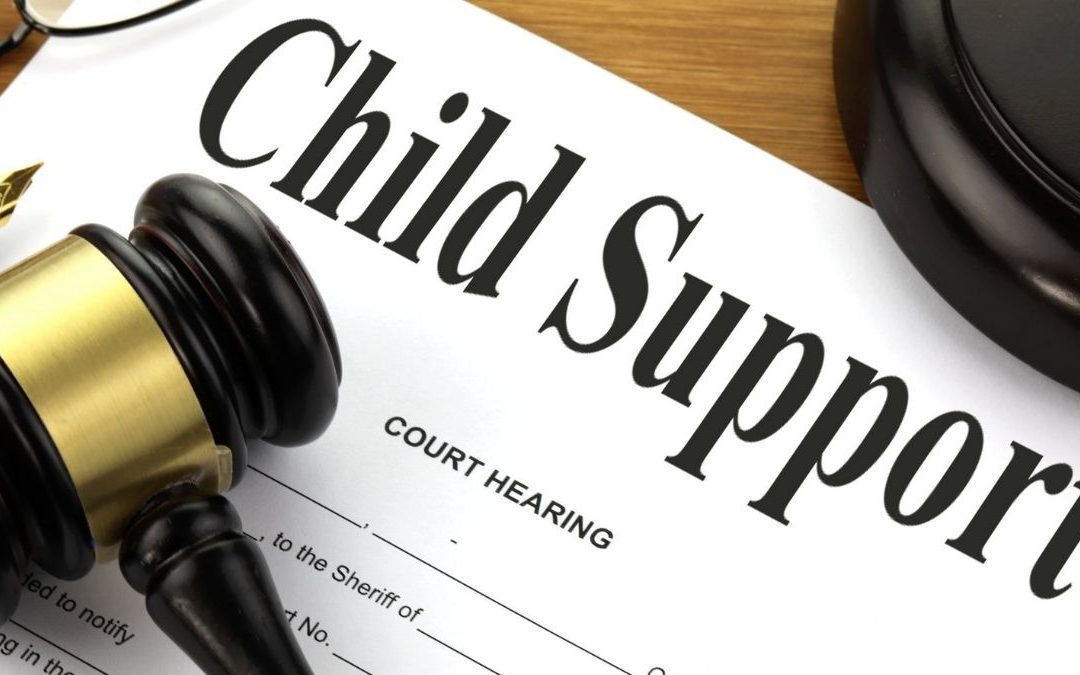Family law is an area of the law that deals with family-related issues and domestic relations. It covers topics like marriage, divorce, child custody, child support, adoption, domestic violence, and more. Family law varies by jurisdiction, as each state and country has its own laws regarding family legal matters. However, some common issues addressed by family law include:
Marriage
Family law covers issues relating to marriage such as the requirements to get married, rights and responsibilities within a marriage, and the laws regarding separation and divorce. Family law determines issues like division of assets and debts, alimony, and child custody arrangements after a divorce.
Child Custody and Support
Child custody refers to the guardianship rights over a child, which are often determined as part of a divorce. Family law determines child custody based on factors like the child’s best interests. It also handles child support, which requires non-custodial parents to financially provide for their children’s expenses.
Adoption
Family law oversees the legal process of adoption, whereby an individual becomes the legal parent of a child who is not their biological child. Family law establishes the rights and responsibilities of adoptive parents.
Domestic Violence
Family law covers obtaining restraining and protection orders against abusive spouses. It provides legal recourse for victims of domestic violence and penalties for perpetrators.
Inheritance
Issues of inheritance between family members, like drafting a will and contesting a will, also fall under the domain of family law.
In summary, family law is a broad practice area that regulates legal family relationships and domestic issues. Navigating family law matters often requires the expertise of a family lawyer or mediator trained in local family law. With sensitive issues like divorce and child custody at stake, following proper legal procedures is crucial for protecting individuals’ rights.
Some common questions about family law include:
– How is child custody determined during divorce? Child custody is decided based on the child’s best interests, including factors like the child’s preferences, relationship with parents, need for stability, and parents’ ability to provide care.
– What happens to property in a divorce? Courts divide marital property equitably between spouses, though rules vary. Separate non-marital property is not divided.
– Can a prenuptial agreement govern divorce? Yes, prenups can determine division of assets, spousal support, and other divorce-related issues. Courts usually uphold them if executed properly.
– How can someone adopt a child? Adoption involves home studies assessing parental fitness, legal consent of biological parents, and court procedures to transfer legal rights. Adoption criteria varies by state.
– What constitutes domestic violence? Domestic violence includes physical, emotional, or sexual abuse between family or household members. Threats of abuse and stalking can also qualify. Protective orders can restrict contact.
In conclusion, family law handles a wide array of legal issues arising within families. It plays a crucial role in protecting individual rights and establishing responsibilities during life changes like divorce and adoption. Consulting a family law attorney helps guide people through the complex web of regulations in this field.







